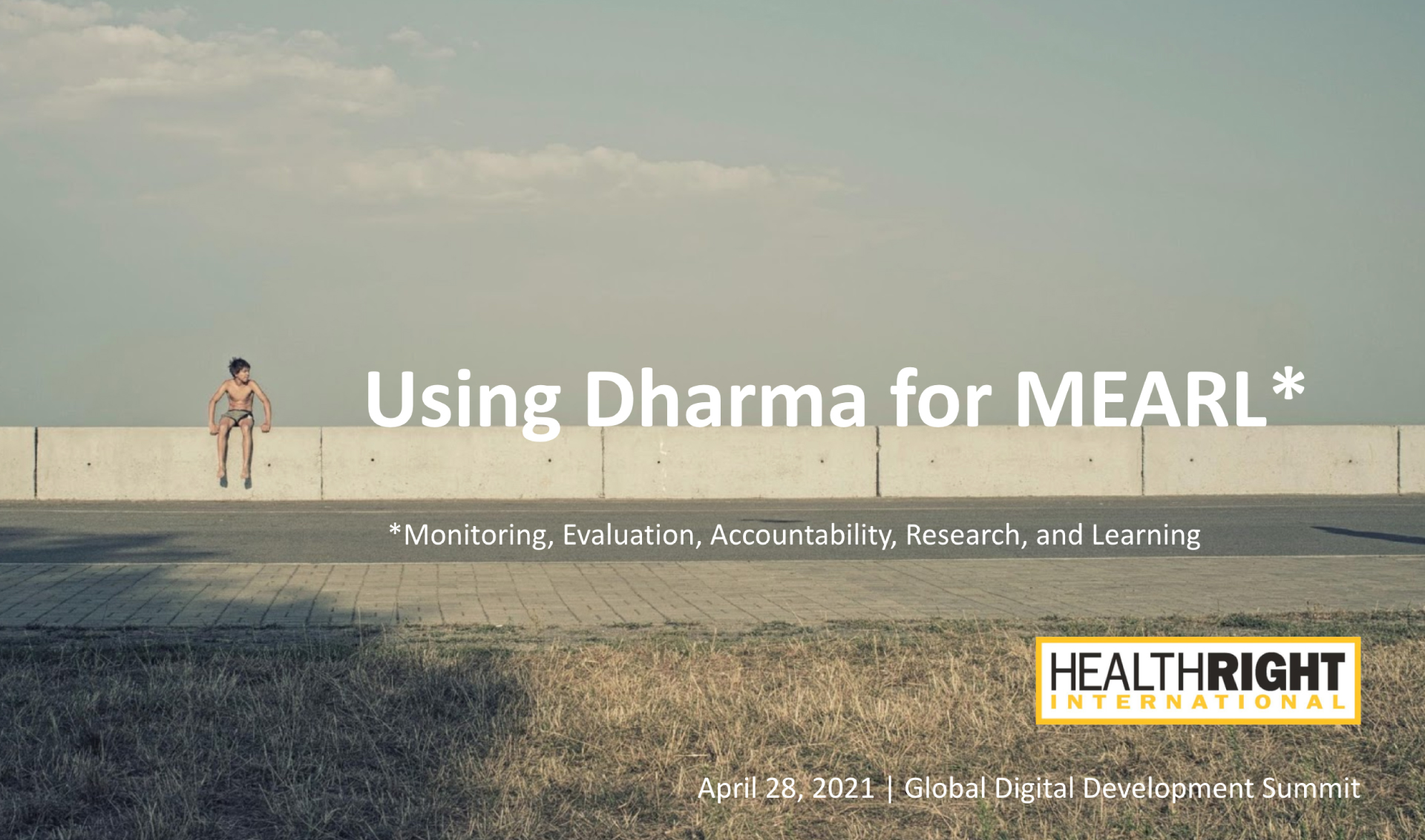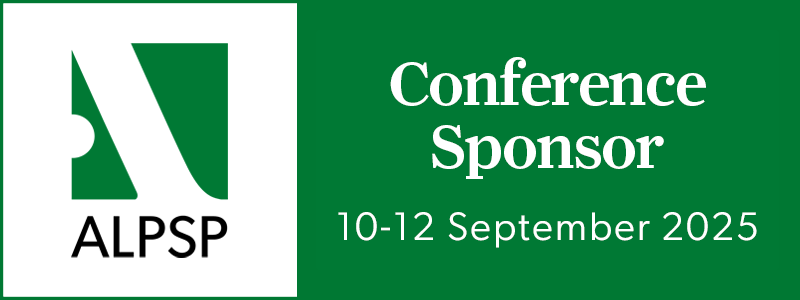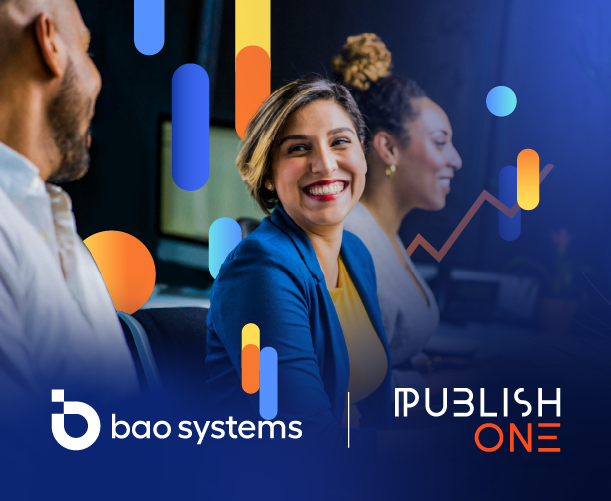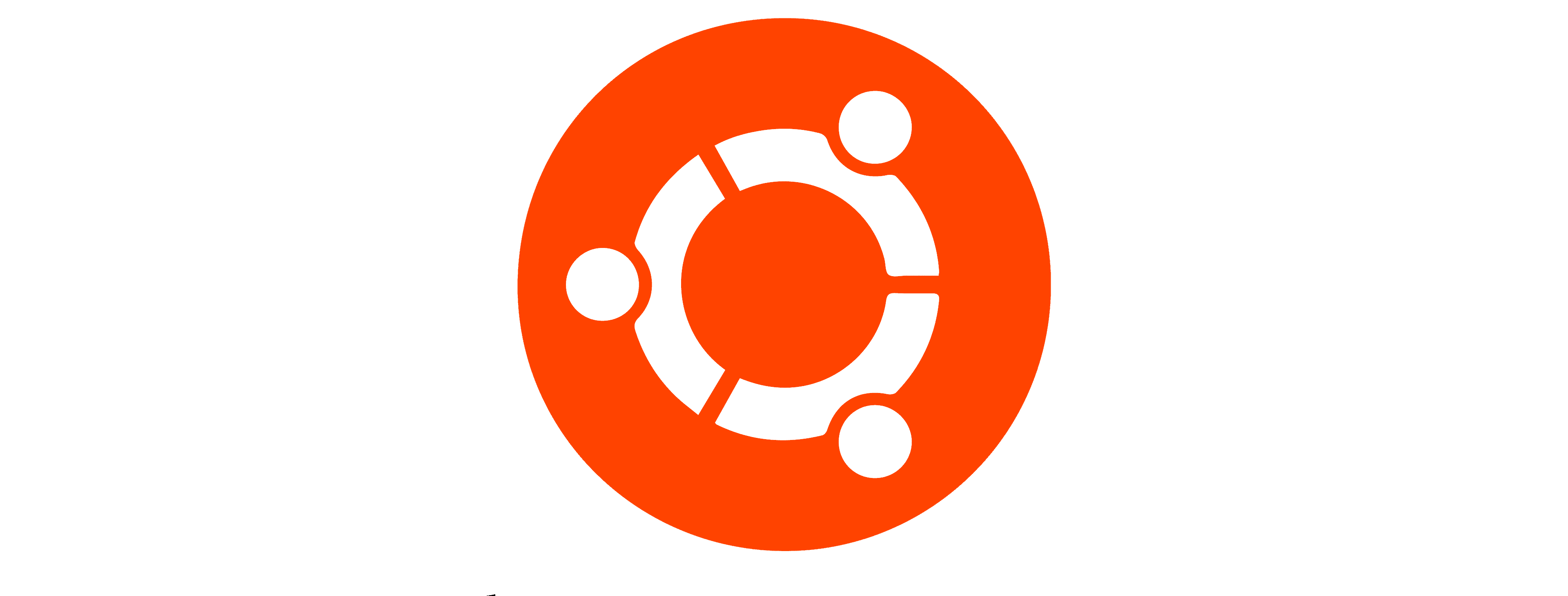
The tale of two countries
17 Jun 2021
It was the “worst of times”, the Ebola outbreak in West Africa, when the Dharma Platform was first created. This came in response to the acute need to gather, analyze, and disseminate accurate and timely data in order to make informed, effective public health decisions. Since then, the platform has evolved into a data management tool that provides the flexibility of online and offline data collection, and has the ability to scale and to rapidly deploy personalized mobile apps, design complex, multi-form data collection projects, and view real-time analytics without any programming.
HealthRight International is a global health and human rights organization. They believe that health is a human right, and recognize that all over the world, especially in low- and middle-income countries, marginalized communities such as vulnerable women and children, people living with or at elevated risk for HIV, refugees, asylum seekers, internally displaced people, and survivors of trafficking, survivors of gender-based or intimate partner violence, have worse health outcomes than the general population.
The journey begins
HealthRight International began its collaboration with BAO Systems’ Dharma Platform in 2019. HealthRight was seeking a system to accurately collect data in a timely manner on project and program outputs, outcomes, and impact, to build an evidence base around their interventions, to show if and when program and organizational objectives were being met and to generate quick reports and analysis for internal purposes. They recognized that in order to achieve these purposes, they needed a systematic, standardized data collection system.
HealthRight International began using the Dharma Platform to collect and analyze data for two different projects, one in Kenya, the other in Uganda. While the ultimate goal was to carry out the mission of HealthRight International, the internal goal was to have the local monitoring and evaluation staff learn how to build projects in Dharma.
Kenya: Simplifying data collection at a single point in time
HIV/AIDS contributes 29.3% of all deaths and is the leading cause of mortality in Kenya. Kenya is broken down into 47 counties, and 18 of these counties, including Trans Nzoia, have a high HIV burden classification at a prevalence of 5.2%.
The Savings Credit and Cooperative Organizations (SACCO) Health and Wellness Project is a project that implemented a novel model to conduct community-based HIV testing among boda boda (motorbike) drivers in the Trans Nzoia county. Transportation workers are a hard-to-reach population, due to their working hours and their mobility. A part of the project is to conduct mobile health outreach clinics at community venues convenient for the boda boda drivers. HIV testing and referral treatments occur during these mobile health outreach clinics, and a local coordinator fills out a reporting form to capture information about the outreach events.
For data collection, a simple form to collect data at a single point in time was all that was needed. The project was originally set up using pen & paper data collection, and these data were manually input into an Excel spreadsheet. The Dharma Platform makes it possible to transform data from the spreadsheets into a centralized, secure, cloud-hosted database. A HealthRight International staff member commented, “Dharma’s offline data collection feature has been a crucial part of surveying and the data collection process, because a stable connection is not always guaranteed at field sites”.
Uganda: Seeing results over time
Through the Integrated Physical and Psychological Rehabilitation Assistance for Victims project, HealthRight International provides both mental health and physical rehabilitation for former victims of the LRA war in Northern Uganda. Using the Dharma platform, mobile community health extension workers and HealthRight International staff screen patients at the community and hospital levels.
The purpose of the initial screening is to check demographics and also begin the psychological evaluation to start treatment. Follow-up using the same tools (Dharma) has allowed the health extension workers and HealthRight International staff to more accurately measure the patient’s improvement, and the results help them to see if the patient qualifies for a certain intervention (e.g. group counselling). One project team member commented, “This is why Dharma has been so helpful for us. We have been able to see how someone is progressing, according to the data received.”
“The best of times”
The tales of these projects in these two countries graze only the surface of the work that HealthRight International is doing to empower marginalized communities to live healthy lives. BAO Systems is privileged to accompany HealthRight International on their journey and provide the tools that impact lives and lead to thriving societies.
HealthRight International presented these projects at the Global Digital Development Summit. The recording is available here.
Spotlight


Meet BAO Systems and PublishOne at the ALPSP Annual Conference
BAO Systems and PublishOne, in partnership, are proud to be participating sponsors of the ALPSP Annual Conference in Manchester, UK, this year.

